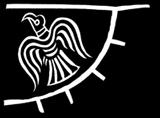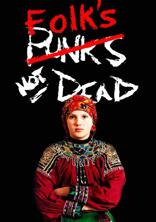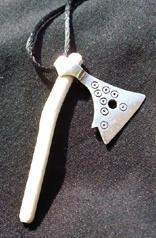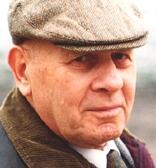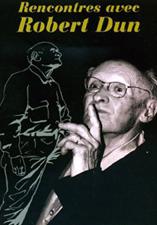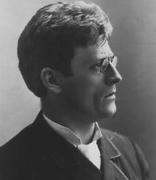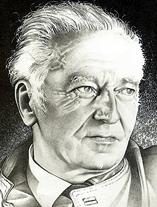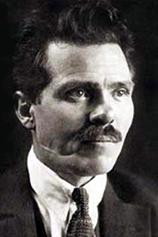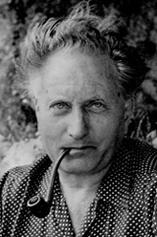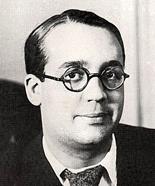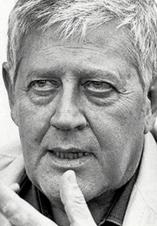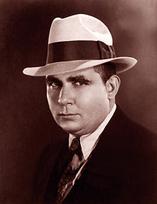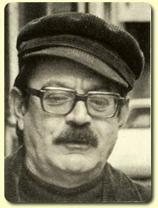19/08/2013
The Wind That Shakes the Barley
The Wind That Shakes the Barley ("Le vent qui secoue l'orge") est une ballade irlandaise écrite par Robert Dwyer Joyce (1836-1883), un poète et professeur de littérature anglaise, né à Limerick.
La chanson parle d'un jeune rebelle de Wexford qui est sur le point de sacrifier sa relation avec son amour de toujours et plonger dans le courant de violence lié à la Rébellion de 1798 en Irlande. La référence à l'orge dans la chanson provient du fait que les rebelles irlandais emportaient souvent de l'orge dans leurs poches comme provisions lorsqu'ils marchaient. Cela a donné naissance au phénomène post-rébellion de la poussée d'orge, marquant ainsi les "Croppy-holes", multitude de tombes sans nom dans lesquelles étaient jetés les rebelles massacrés, et symbolisant la nature régénératrice de la résistance irlandaise au pouvoir britannique. (Wikipédia)
The Wind That Shakes the Barley
I sat within the valley green, I sat me with my true love
My sad heart strove the two between, the old love and the new love
The old for her, the new that made me think on Ireland dearly
While soft the wind blew down the glen and shook the golden barley
'Twas hard the woeful words to frame to break the ties that bound us
But harder still to bear the shame of foreign chains around us
And so I said, "The mountain glen I'll seek at morning early
And join the bold united men," while soft winds shake the barley
While sad I kissed away her tears, my fond arms round her flicking
The foeman's shot burst on our ears from out the wildwood ringing
A bullet pierced my true love's side in life's young spring so early
And on my breast in blood she died while soft winds shook the barley
I bore her to some mountain stream, and many's the summer blossom
I placed with branches soft and green about her gore-stained bosom
I wept and kissed her clay-cold corpse then rushed o'er vale and valley
My vengeance on the foe to wreak while soft wind shook the barley
But blood for blood without remorse I've taken at Oulart Hollow
And laid my true love's clay cold corpse where I full soon may follow
As round her grave I wander drear, noon, night and morning early
With breaking heart when e'er I hear the wind that shakes the barley.
14:32 Publié dans Blog, Histoire européenne, Kelts, Musique, Poésie | Lien permanent | Commentaires (0) | Tags : robert dwyer joyce, loreena mckennitt, lisa gerrard, dead can dance, poésie, irlande

